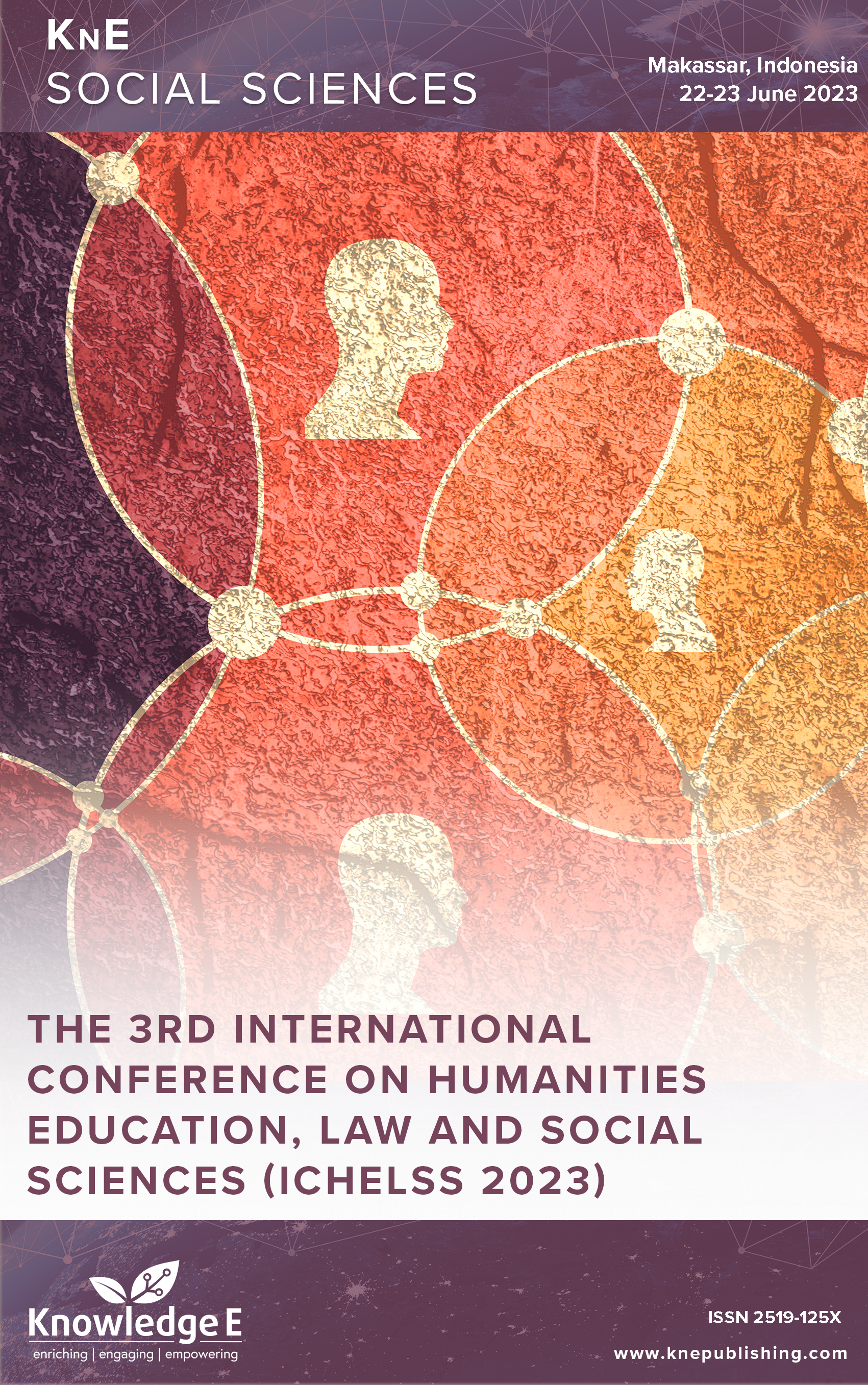Transformation of Ade' Pitue Leadership Values in Government in Bone District
DOI:
https://doi.org/10.18502/kss.v9i2.14902Abstract
Apart from being influenced by the leadership system, the leadership style is also influenced by the legacy of sociocultural values that were good practices of past administrations. Ade’ Pitue is a system of government that was implemented when Bone was still a monarchical form of government, considered the best model of government in its time. This study aims to obtain an overview of: (1) Leadership values in Ade’ Pitue, (2) Forms of leadership in modern government, and (3) Factors that influence the transformation of Ade’ Pitue leadership values in government. The method used is descriptive qualitative. Data were collected through literature study and analyzed through data reduction, data display, verification, and drawing conclusions. The results of the study show: (1) Leadership values in Ade’ Pitue, are Macca (intelligent), Lempu (honest), Warani (brave), Getteng (steadfast) on the truth (tongeng); (2) The form of leadership in modern government as a transformation for the values of Ade’ Pitue leadership is the application of representation of the people’s interests through the customary council (Ade’ Pitue) based on the results of deliberations; (3) The factors that influence the transformation of Ade’ Pitue leadership values in government are the Siri’ na Pacce culture. In addition, according to Kajalilddong, factors for enlarging the kingdom are: (1) Seuwani, temmatinroi matanna Arung Mangkau’E mitai munrinna gau’e, which means that the king’s eyes are not closed thinking about the consequences of all actions; (2) Maduanna, maccapi Arung Mangkau’E duppai ada, meaning the king must be smart in answering words, (3) Metelunna, maccapi Arung Mangkau’E mpinru ada, which means that the king must be good at making words or answers, and (4) Maeppa’na, tettakkalupai surona mpawa ada tongeng, which means that the four kings don’t forget to convey the correct words.
Keywords: Ade’ Pitue, governance, leadership, transformational, Values
References
Abdullah A. Kerajaan bone dalam lintasan sejarah sulawesi selatan (sebuah pergolakan politik dan kekuasaan dalam mencari, menemukan, menegakkan dan mempertahankan nilai-nilai entitas budaya bugis). 2017;12.
Fahmid M, Dharmawan AH, Kolopaking LM, Salman D. Tidal polarization in elite ethnic and makassar bugis. 2012;06.
Creswell JW. Research design qualitative, quantitative, and mixed methods approaches. Terjemah, Achmad Fawaid, Research Design Pendekatan Kualitatif, Kuantitatif, dan Mixed. Yogyakarta: Pustaka Pelajar; 2013.
Hamzah A. Metode penelitian kepustakaan. Malang: Literasi Nusantara; 2019.
Mattulada. Demokrasi, budaya dan penguatan masyarakat lokal. 1986.
Nabba APP, Palloge A. Sejarah kerajaan tanah bone. Makassar: Yayasan Al Muallim; 2006.
Irawan BB. Perkembangan demokrasi di negara Indonesia. Hukum dan Dinamika Masyarakat. 2007;5:54–64.
Abdullah A. Kerajaan bone dalam lintasan sejarah sulawesi selatan (Sebuah pergolakan politik dan kekuasaan dalam mencari, menemukan, menegakkan dan mempertahankan nilai-nilai entitas budaya bugis). Lensa Budaya: Jurnal Ilmiah Ilmu- Ilmu Budaya. 2017;12:15–28.
Rahmawati. Islam dalam pemerintahan kerajaan bone pada abad XVII. Jurnal Rihlah. 2017;V:16–29. DOI: https://doi.org/10.24252/rihlah.v5i1.3180
Nur K. Analisis faktor-faktor yang mempengaruhi pendapatan pedagang Muslim (studi kasus pedagang buah pasar palakka kabupaten bone). 2020.
Bahri, Bustan, Tati ADR. Democracy values on learning local history of South Sulawesi. Atlantis Press. 2018;226:1067–1069. DOI: https://doi.org/10.2991/icss-18.2018.224
Ali AM. Bone selayang pandang. Watampone: Damai; 1986.
Zainol S, Dali AM, Nordin M. Pemerintahan kerajaan bone abad ke-14 sehingga abaD KE-19: the reign of bone kingdom, 14th to 19th century. SEJARAH: Journal of the Department of History. 2020;29. DOI: https://doi.org/10.22452/sejarah.vol29no2.1
Riswandi, Patawari ATYA, Fathiah N. Pengaruh nilai budaya siri’ na pacce dalam pelayanan publik di kabupaten bone. 2019;9:60–67. DOI: https://doi.org/10.37541/plenojure.v8i2.141

